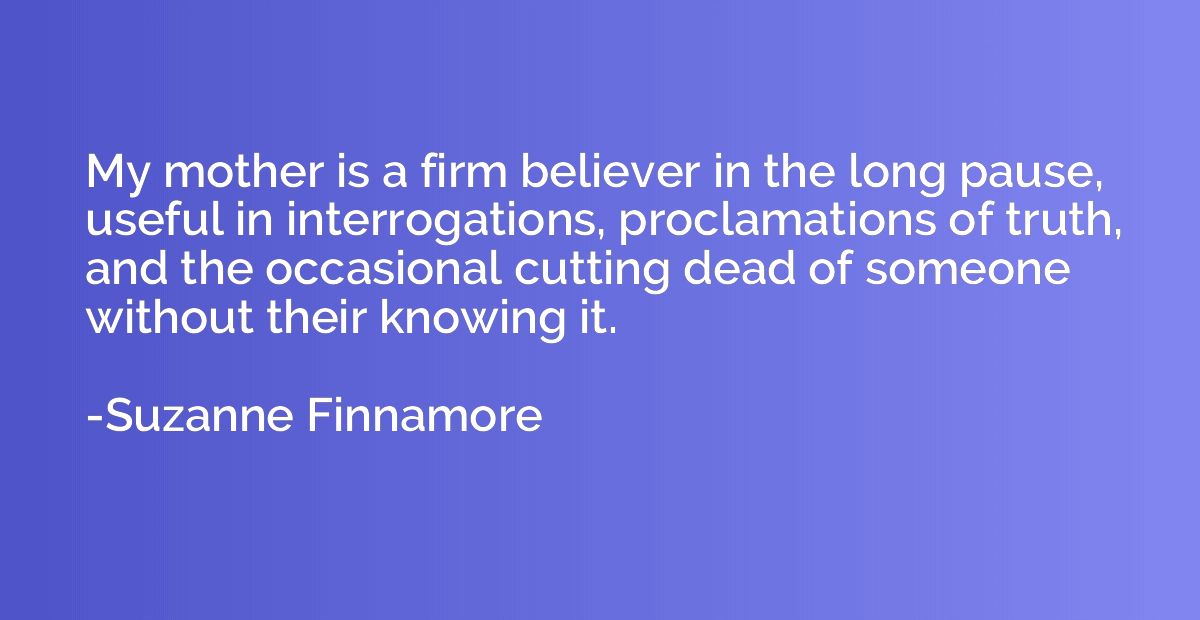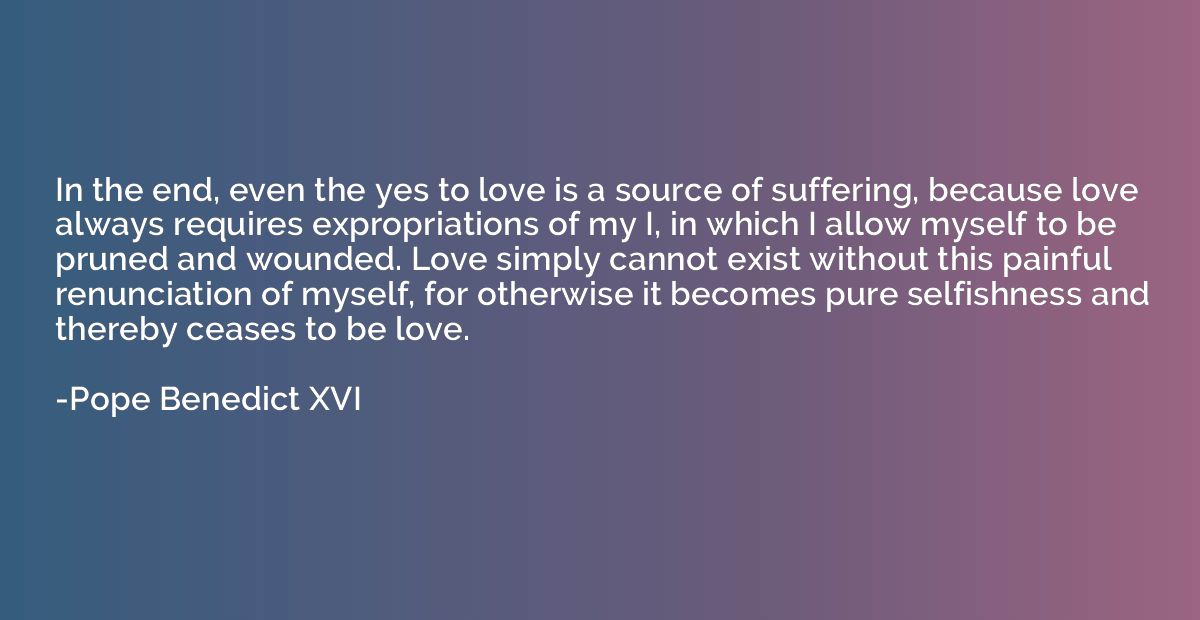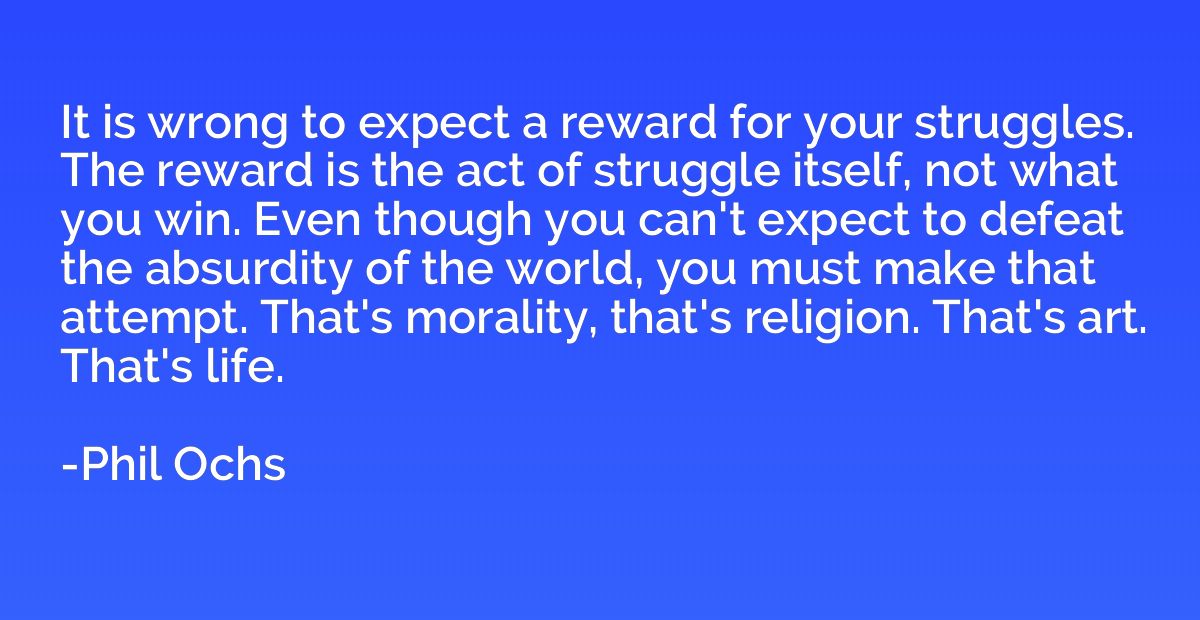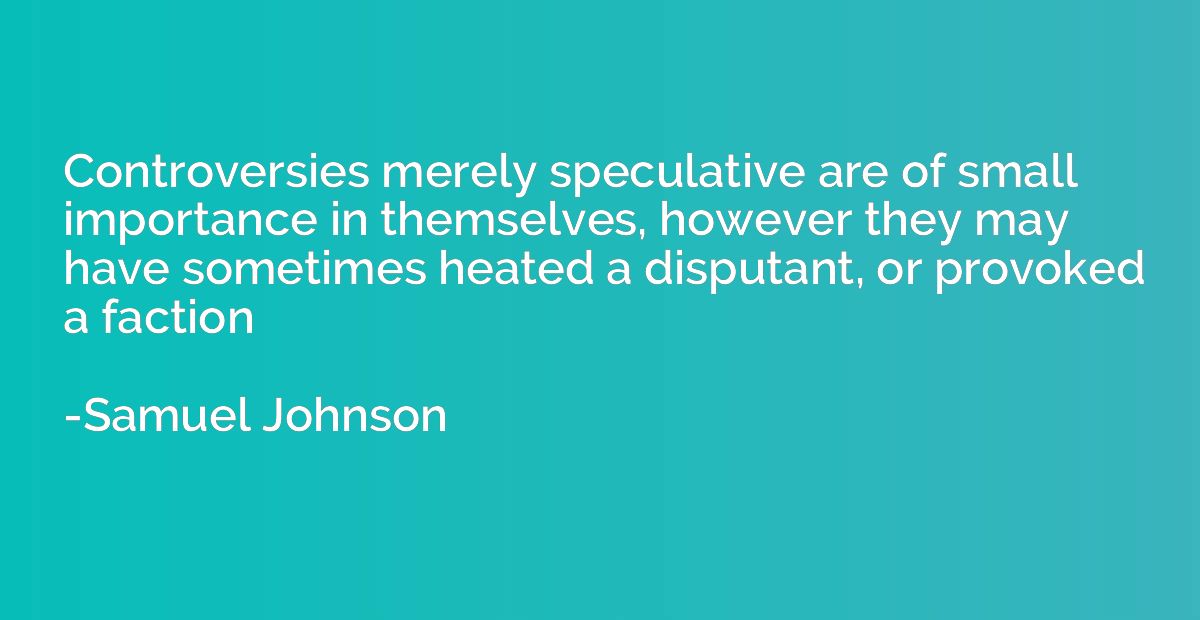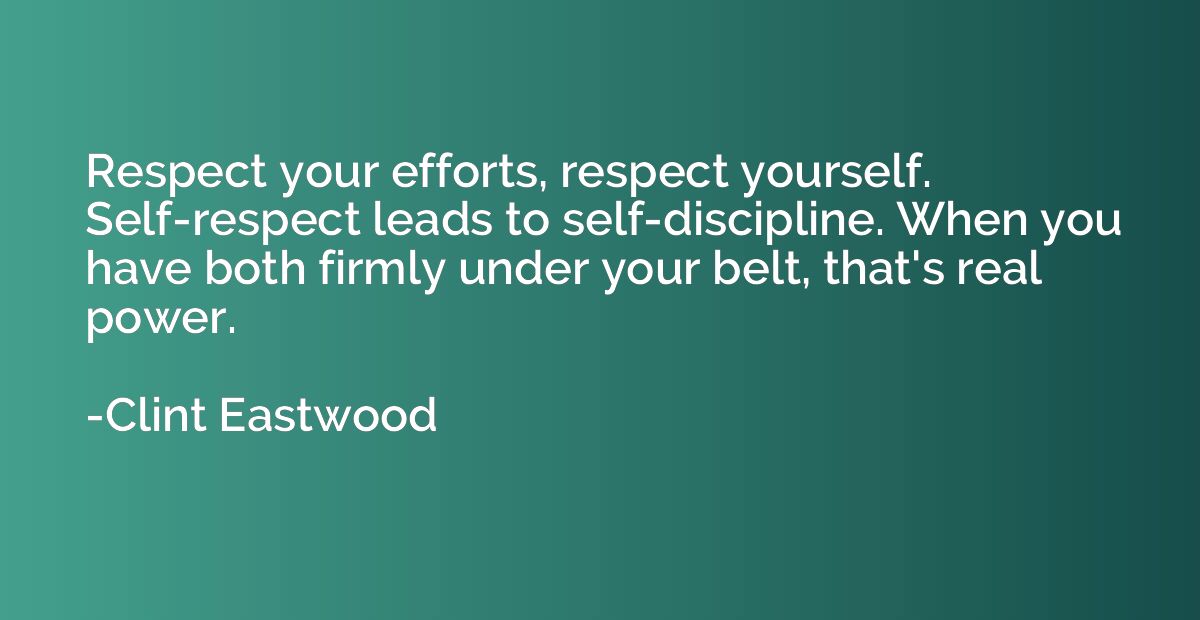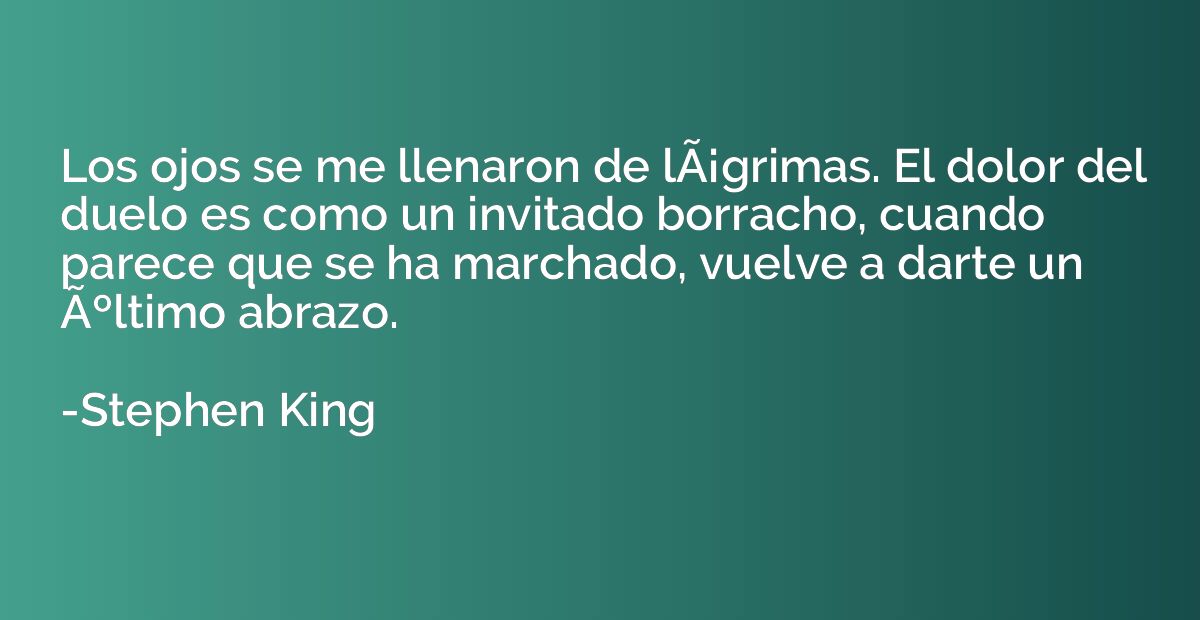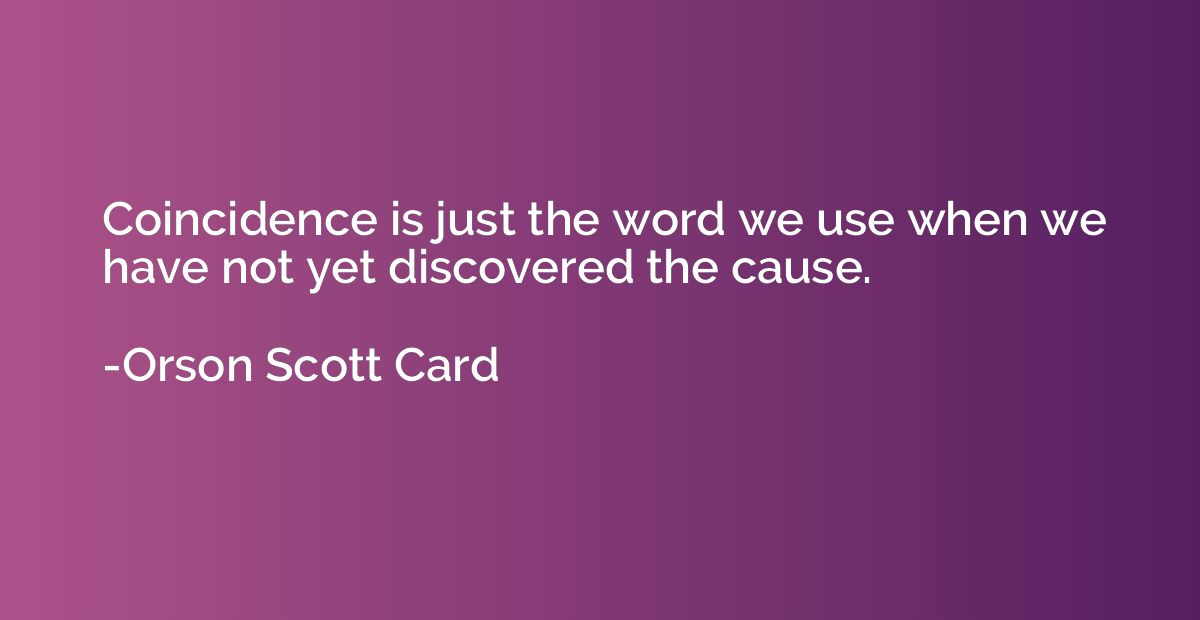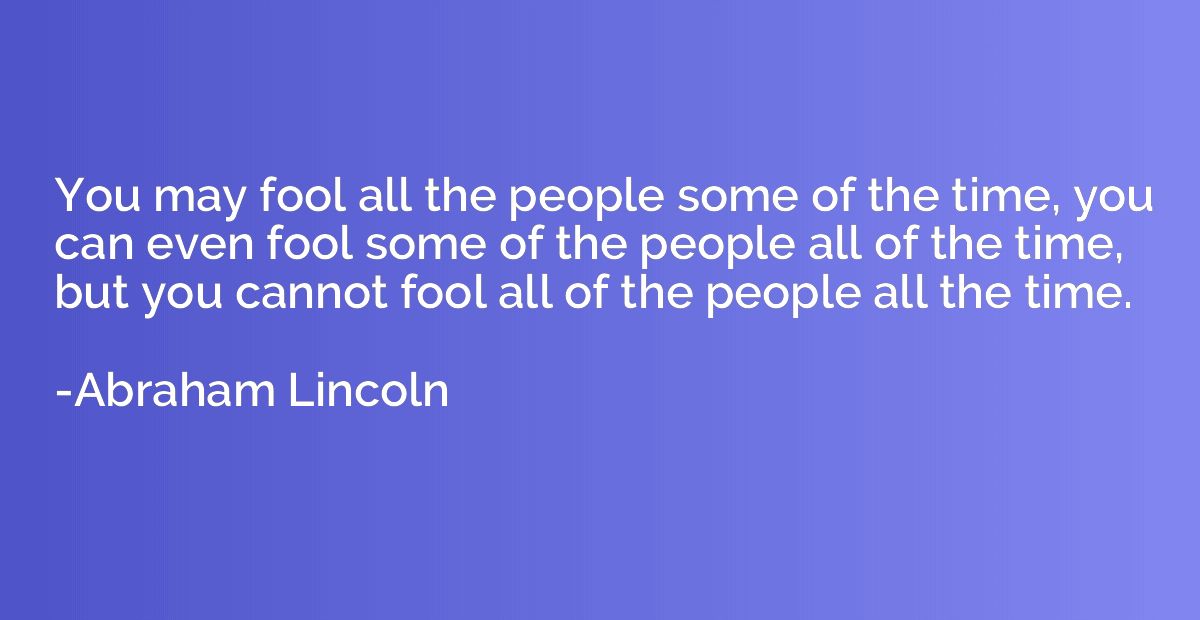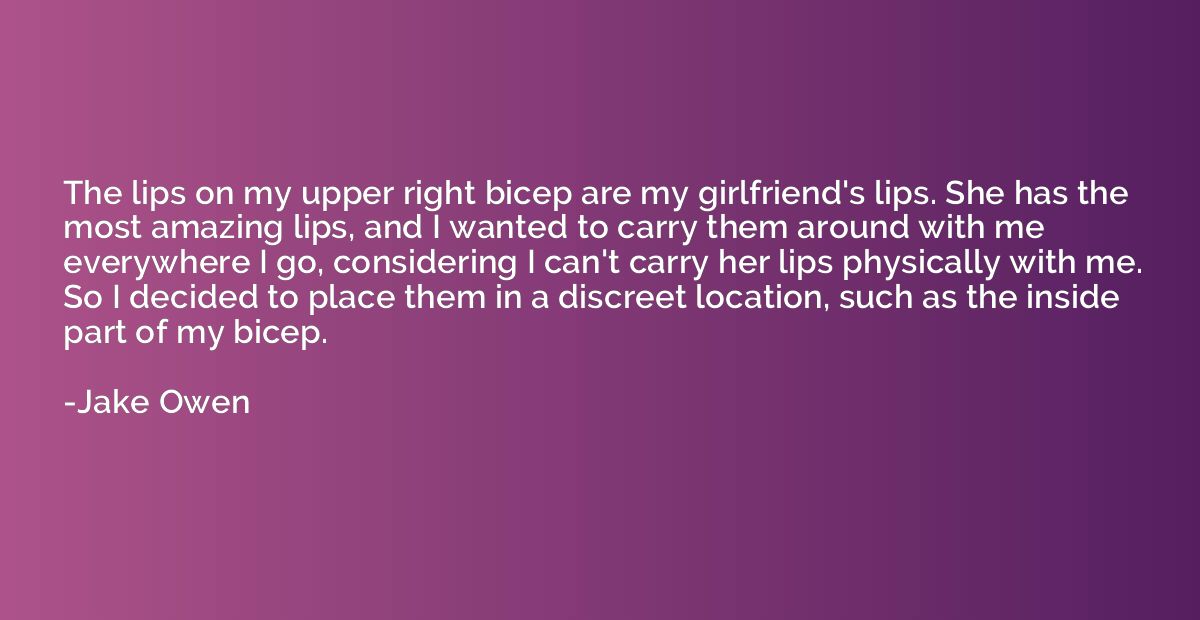Quote by Mary Roberts Rinehart
The great God endows His children variously. To some he gives intellect -- and they move the earth. To some he allots heart -- and the beating pulse of humanity is theirs. But to some He gives only a soul, without intelligence -- and these, who never grow up, but remain always His children, are God's fools, kindly, elemental, simple, as if from His palette the Artist of all had taken one color instead of many.
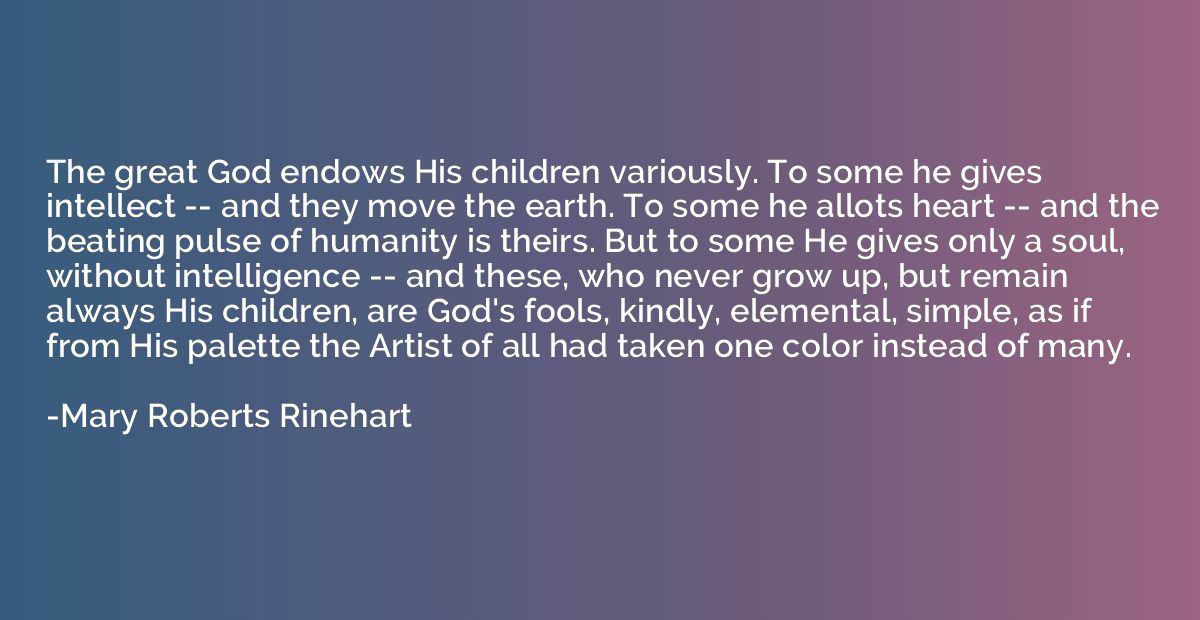
Summary
This quote suggests that God bestows different qualities upon his children. Some individuals are gifted with intellect and are able to achieve great things in life. Others are given a compassionate heart and contribute to the essence of humanity. However, there are those who are only blessed with a soul, lacking intelligence. These individuals are described as God's fools and are depicted as innocent, pure, and uncomplicated. They are akin to a single color on the Artist's palette, highlighting the uniqueness and simplicity of their existence.




